| youth_work_online_forums_survey_results.pdf |
|
9 Comments
YANQ is highly aware that online processes by themselves are not the optimal method for engaging youth sector members. Historically YANQ invested heavily in hosting face-to-face policy forums right across the State. But since our defunding in 2012 we have been unable to continue this strategy due only to lack of funding by the State Government. However, we do believe that when our funding is finally restored, there is a place for online processes to complement our face-to-face forums and as such we are keen to test and refine this aspect of our sector engagement. This project, we believe, will provide useful information for YANQ and its members in the process of establishing an ongoing state-wide solutions-based policy process.
In 2017 YANQ received interim funding from the Department of Communities to maintain connection with the Queensland youth sector. Consequently, YANQ initiated the Queensland Youth Sector Survey 2017 to engage with and hear directly from sector workers and organisations what they identify as:
1. The key issues impacting the lives of young people; and the youth workers and agencies that support them; and 2. The support youth workers and organisations require from a peak body. Youth Affairs Network of Qld (YANQ), |
|||||||||||||||||||||||||||||||||||||
| integrity_in_our_practice_final_18-6-13.pdf | |
| File Size: | 962 kb |
| File Type: | |
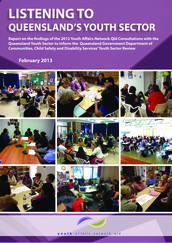
Brief discussion and recommendations about some of the implications of these findings for the Review draw together the consultation findings and data collected through a number of YANQ research projects over the past 2-3 years.
| Listening to Queensland's Youth Sector - Full Report | |
| File Size: | 1683 kb |
| File Type: | |
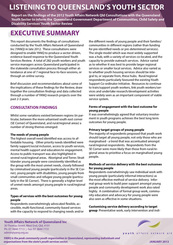
Brief discussion and recommendations about some of the implications of these findings for the Review, draw together the consultation findings and data collected through a number of YANQ research projects over the past 2-3 years.
| yanq_youth_sector_review_report_-_execsumm.pdf | |
| File Size: | 76 kb |
| File Type: | |
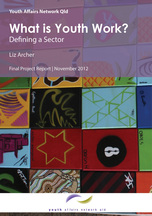
This report details the definition created through a two year consultation process with the youth sector.
Download the Full Report
Download the Summary Sheet
Research Papers
YANQ has spent over two decades at the forefront of youth affairs research in Queensland. This page links to all of our research papers and reports since 1991.
If you find these resources useful, we encourage you to make a donation below.

All YANQ publications are licensed under a Creative Commons Attribution-NonCommercial-NoDerivs 3.0 Unported License.
Categories
All
A.T.S.I.
Disability
Education
Employment
Engagement
Homelessness
Infact
Juvenile Justice
Mental Health
Multiculturalism
Qld Youth Affairs Conference
Racism
Re-engagement
Remand
Sexual Health
Substance Abuse
Women
Workforce Development
Yanq Policy Forum
Youth Consultative Network
Youthwork Practice
Archives
September 2020
April 2020
June 2019
March 2018
August 2014
August 2013
July 2013
March 2013
January 2013
December 2012
November 2012
October 2012
September 2012
July 2012
June 2012
January 2012
August 2011
July 2010
June 2010
May 2010
March 2010
December 2009
June 2009
December 2008
September 2008
August 2008
June 2008
May 2008
March 2008
February 2008
January 2008
November 2007
October 2007
September 2007
August 2007
June 2007
January 2007
October 2006
September 2006
March 2006
December 2005
November 2005
October 2005
May 2005
December 2004
September 2004
May 2004
February 2004
January 2004
September 2003
April 2003
October 2002
September 2002
July 2002
May 2002
May 2000
April 2000
November 1999
August 1999
July 1999
June 1999
May 1999
January 1999
December 1998
November 1998
October 1998
July 1998
October 1997
September 1997
May 1997
September 1996
August 1996
May 1996
April 1996
September 1995
May 1995
December 1994
October 1994
September 1994
April 1994
February 1994
October 1993
June 1993
February 1993
November 1992
October 1992
March 1992
June 1991

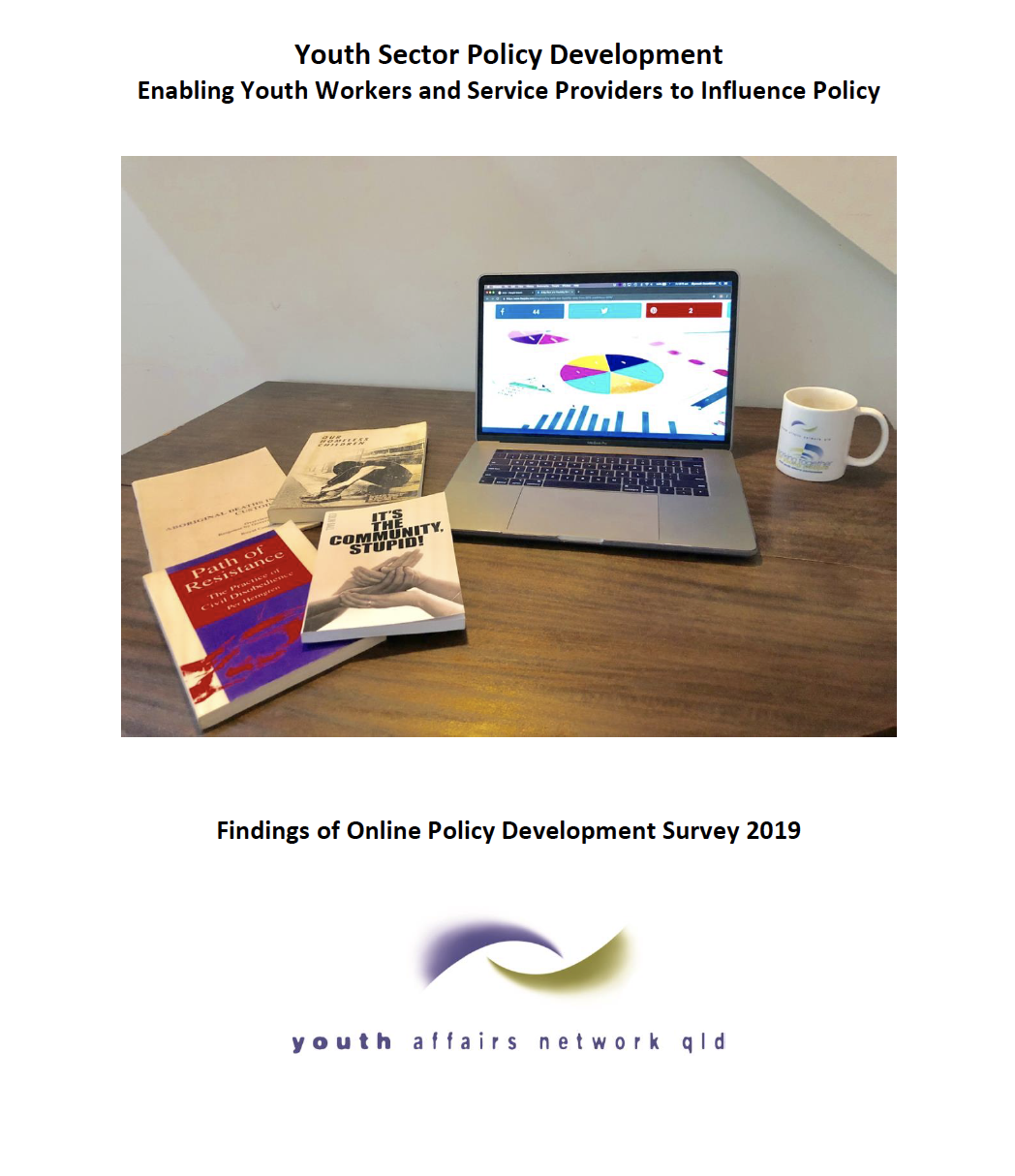
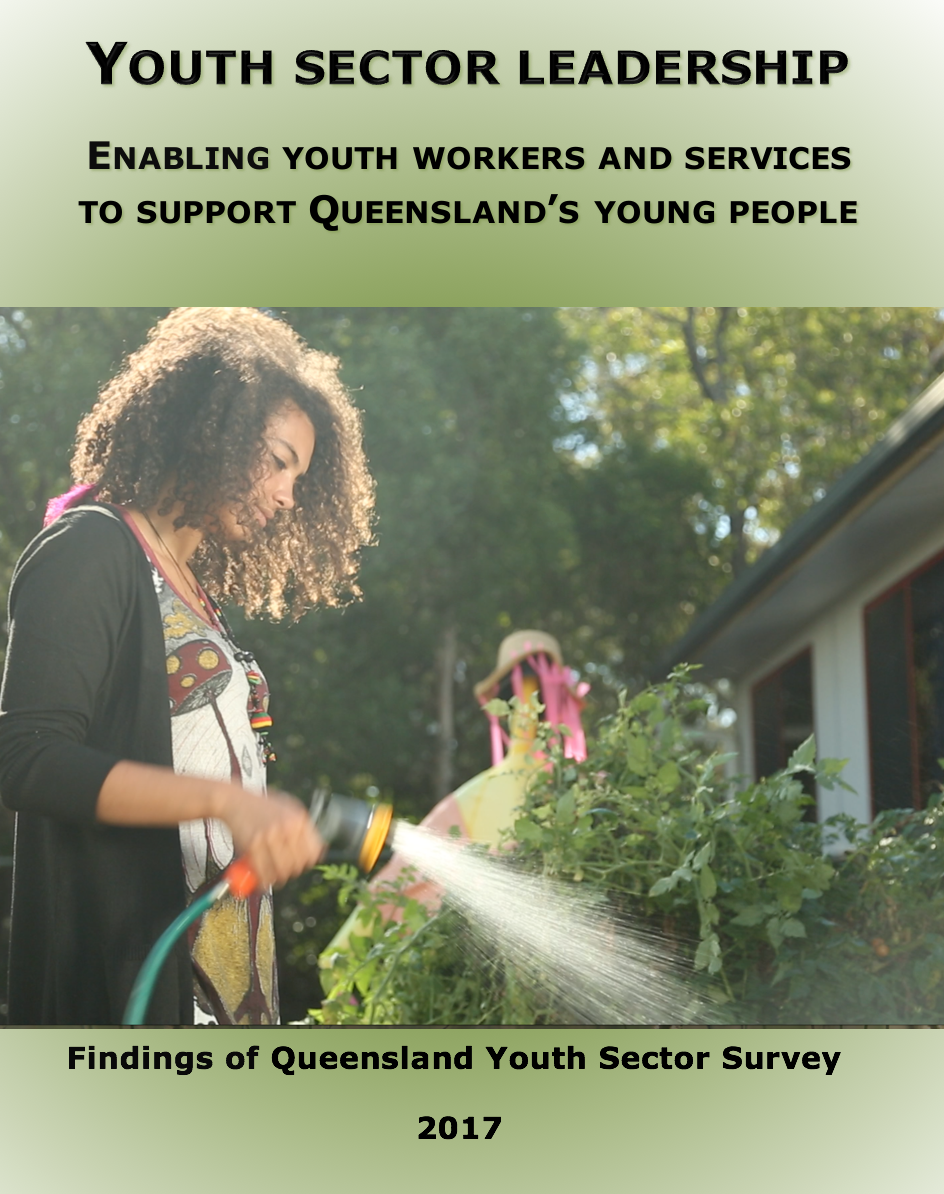
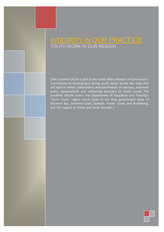
 RSS Feed
RSS Feed
